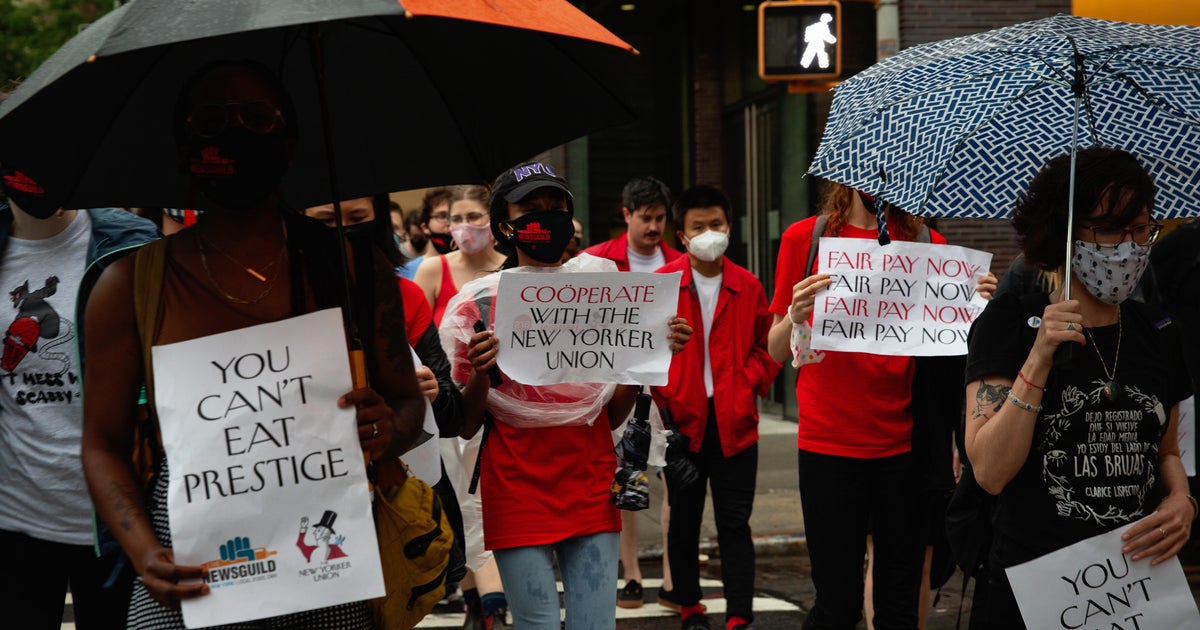Tesla earnings: 3 things to focus on
It has been anything but a smooth ride for billionaire Elon Musk's Tesla this year. Its new Model 3 was hit with shipping delays and a subsequent pause in production in April. The National Transportation Safety Board is investigating a fatal Model X crash. And then Tesla's debt was recently downgraded by Moody's Investors Service.
Analysts are increasingly concerned that Tesla may need to raise more funds in 2018 so it doesn't run out of capital, a prospect outlined in excruciating detail this week by Bloomberg.
Tesla shares rose Tuesday ahead of its quarterly report, expected after the market closes on Wednesday. Short-sales, or bets the company's stock will fall, were on the rise through April 13, according to Nasdaq data.
After the earnings are released, here's what to listen for on the conference call with investors and analysts, which you can hear via Tesla's webcast at 5:30 p.m. Eastern time.
Model 3 production vs. Tesla's goal of 5,000 per week
Tesla in April said it missed its first-quarter production target of 2,500 Model 3s per week. Bloomberg's Model 3 tracker currently estimates 2,323 per week. Last year, Tesla said 2018 would be a "transformative year" and predicted Model 3 production could hit 5,000 by the end of the second quarter. Musk held to that estimate in April.
Tesla was "able to unlock some of the critical things that were holding us back from reaching 2,000 cars a week. But since then, we've continued to do 2,000 cars a week," Musk told CBS News in April.
Asked if that pace is sustainable, he said "we'll probably have, I don't know, a three- or four-fold increase in Model 3 output in the second quarter." Musk blamed himself for too much automation, tweeting "Humans are underrated." The company also paused Model 3 production last month to refine it.
Analysts remain skeptical Musk can reach that 5,000 goal. Even if Tesla pushes production higher again, it will be "tough to achieve," Barclays analyst Brian A. Johnson wrote in an April note to clients. "The question remains how long it will take Tesla to reach 5,000 a week sustainably, which we don't think will occur until late this year."
The potential need to raise capital
The thinking goes, if Tesla can't get production up, it may need to raise cash before 2018 is over.
A capital raise is a "question of when, not if," especially to support "ambitious plans for the Semi, Roadster, Model Y, and needed infrastructure and service center expansion," UBS analyst Colin Langan told clients in a note last month.
Tesla said on April 3 it still doesn't expect to need to raise new capital.
"Tesla continues to target a production rate of approximately 5,000 units per week in about three months, laying the groundwork for Q3 to have the long-sought ideal combination of high volume, good gross margin and strong positive operating cash flow," the company said. "As a result, Tesla does not require an equity or debt raise this year, apart from standard credit lines."
And on April 13, Musk himself tweeted to counter an Economist story speculating that a raise might be needed. "The Economist used to be boring, but smart with a wicked dry wit. Now it's just boring (sigh). Tesla will be profitable & cash flow+ in Q3 & Q4, so obv no need to raise money," the tweet read.
Could Musk be right on profitability? What about cash flow?
A lot of things would have to go right, analysts say. "Positive net income by Q3 is potentially achievable, but unlikely," wrote Bernstein analyst Toni Sacconaghi in an April note summarizing investor concerns. Still, "it is highly dependent on assumptions" including Model 3 productions, gross margin, operating expenses and other non-operating items, like credits for buying electric cars.
Cash flow, or the amount of money flowing in and out of a business that investors use to track a company's liquidity, "will present a further challenge," Sacconaghi wrote, and depends on assumptions about an ability to improve or defer expenses, such as capital expenditures.



